Vauxhall is making rapid progress towards its major goal of becoming an EV-only company by 2028, according to managing director James Taylor, whose imminent aims are to boost battery model take-up and raise Vauxhall’s position in the market – close to but distinct from Peugeot, its Stellantis stablemate.
“Astra going electric is a big milestone for both our popular family car as well as for the Vauxhall brand,” he said. “Our move to electrification is already bringing new customers, so we expect strong interest in both the hatchback and estate models when they arrive in the UK.
“Our Mokka Electric already represents just over one in four Mokka registrations, and both it and the Corsa Electric are in the top two of their respective segments.”
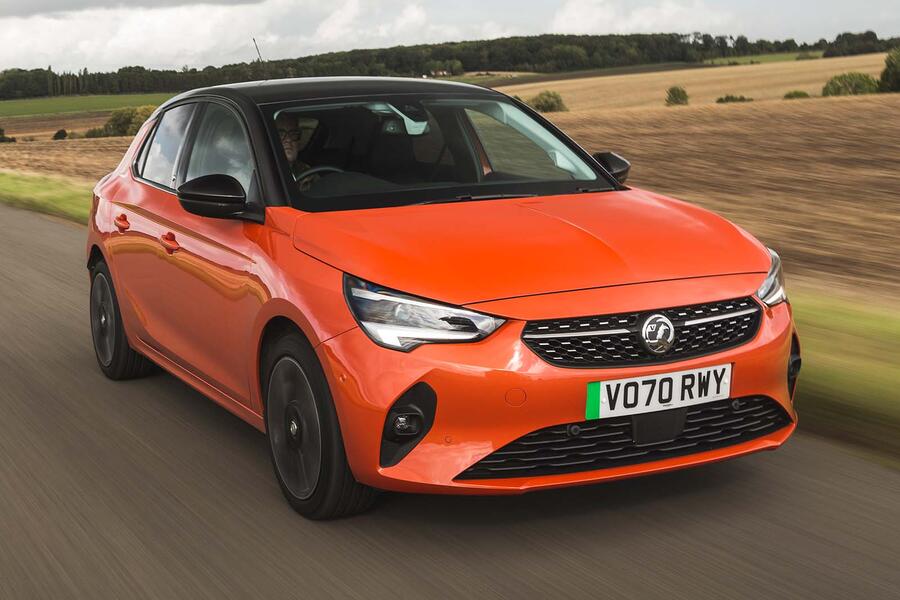
The opportunity to ‘tune’ Vauxhall’s positioning in the mainstream market comes as a direct result of joining the Stellantis conglomerate, according to group design director Mark Adams, a Brit with responsibility for both Vauxhall and Opel cars.
“We want to ensure there’s a correct bandwidth between our various marques,” Adams said. “We see Vauxhall-Opel, like Peugeot, as being in the upper part of the mainstream segment. We believe the two marques can be quite distinct, and appeal to different buyers, because of their priorities and histories. Vauxhall-Opel is uniquely a German-British brand, with a quite different appeal from Peugeot, which clearly has strong French roots.
“We believe the two sit well at the ‘quality and personality’ end of mainstream – and our research is already showing that the Corsa, Mokka and Astra are being perceived that way.”
Taylor cites his other priority as being to build Vauxhall’s already thriving light commercial market.

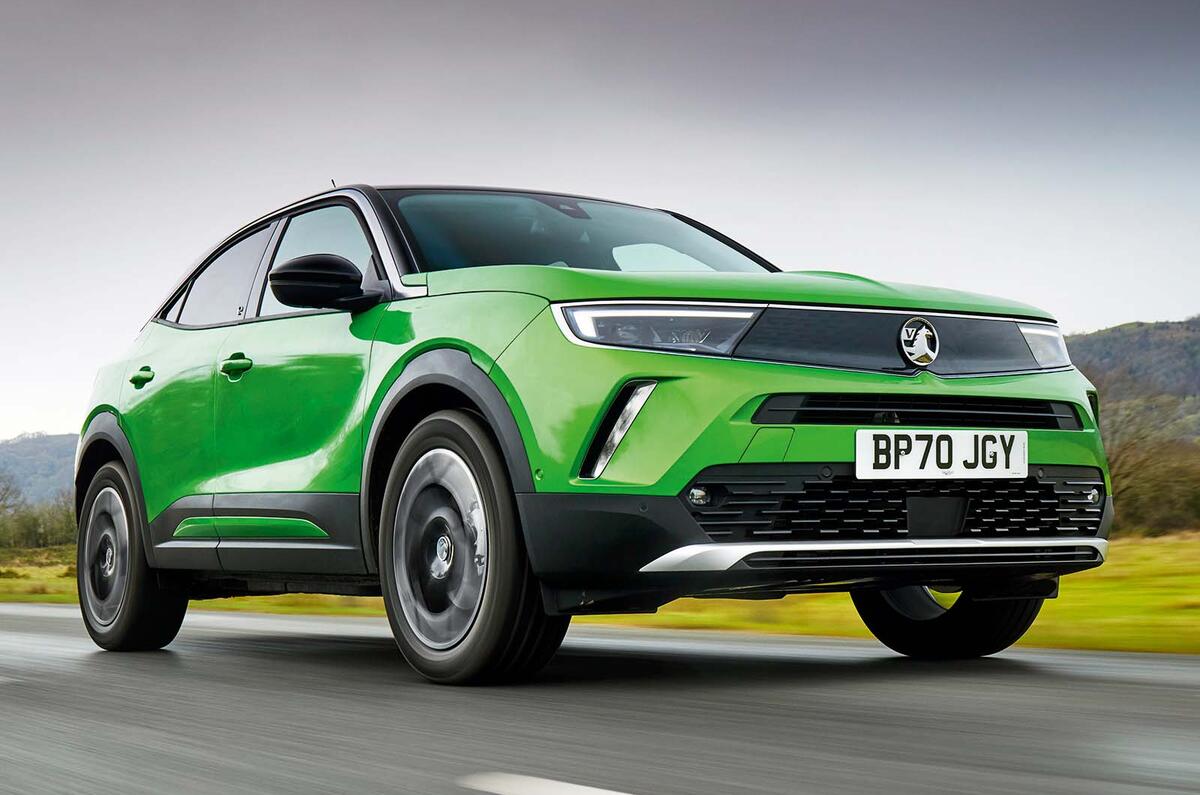




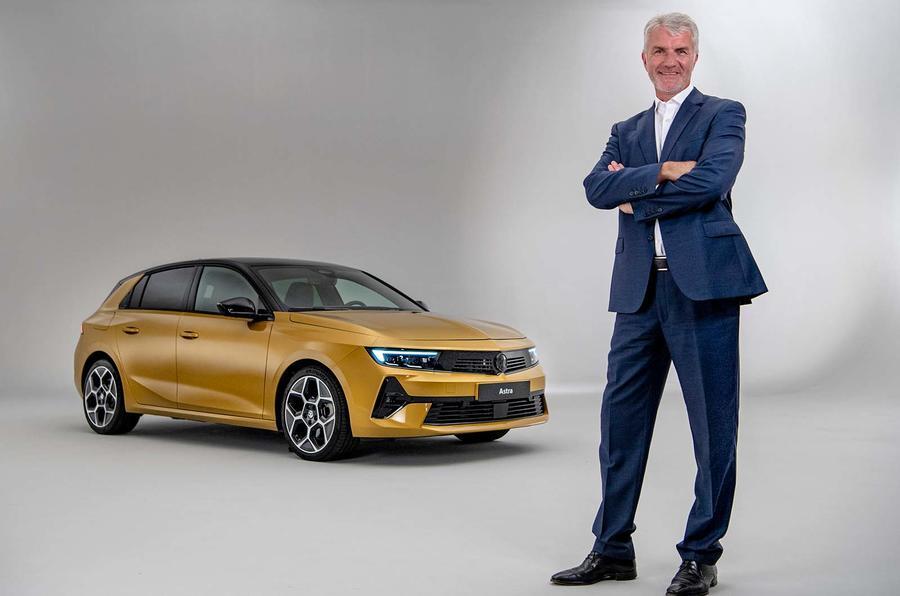
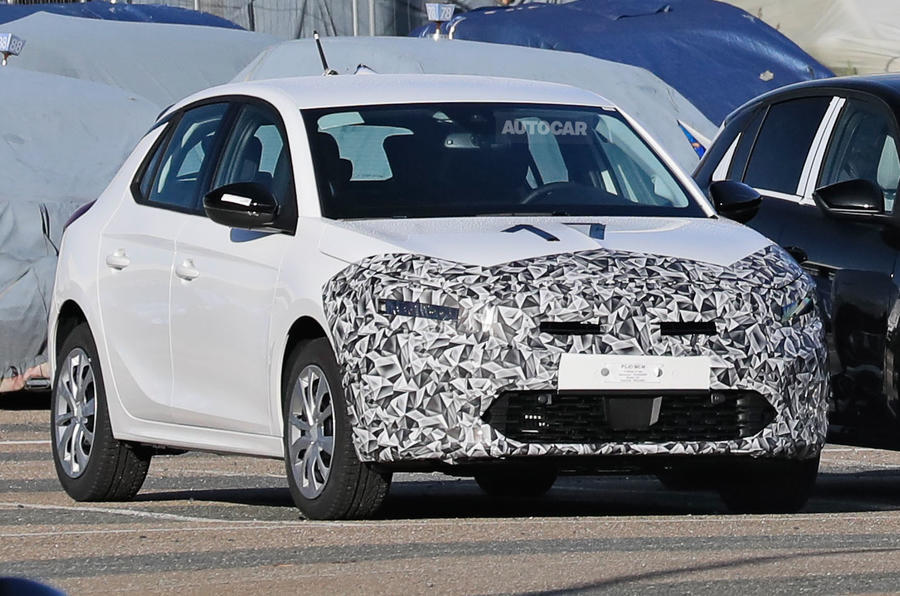
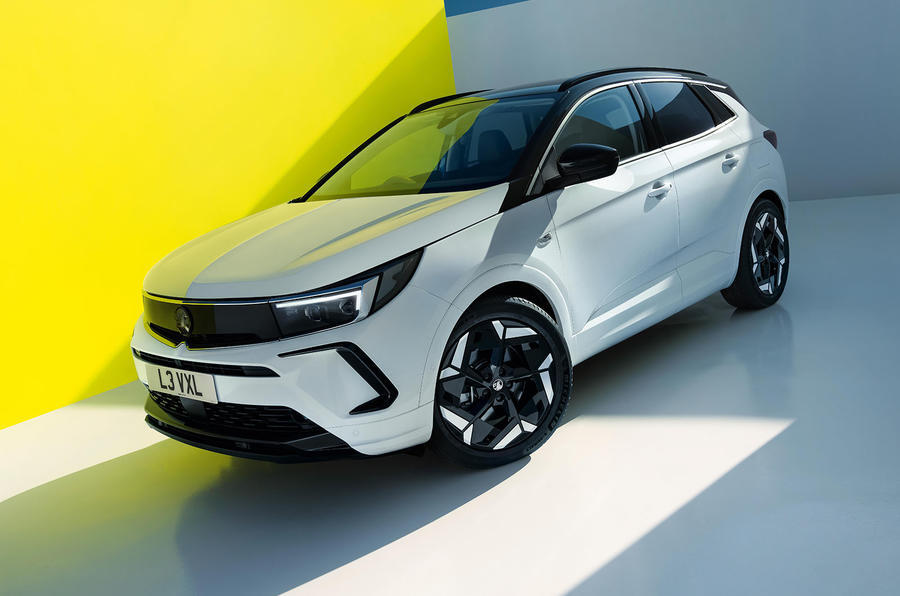






Join the debate
Add your comment
It's true the Vauxhall design director will not have much say over the drivetrain and model lineup of the company, but it is certainly possible to give a brand a different feel and character.
Probably the best example are VW and Seat or Skoda. Same mechanicals and chassis options, but different feeling cars to drive and look at.
For me, the main problem with Vauxhall has always been the dealers, who don't seem to be able to see past the end of their noses. Maybe i have just been unlucky when I have visited them, but it has put me off going back.
A story about Vauxhall is one about Opel, which is one about Stellantis, given that all Opels and Vauxhalls are versions of other Stellantis models. Vauxhall has no independent plans. The guy being interviewed is unlikley to be a key decision maker.
Not a criticism, just a fact.